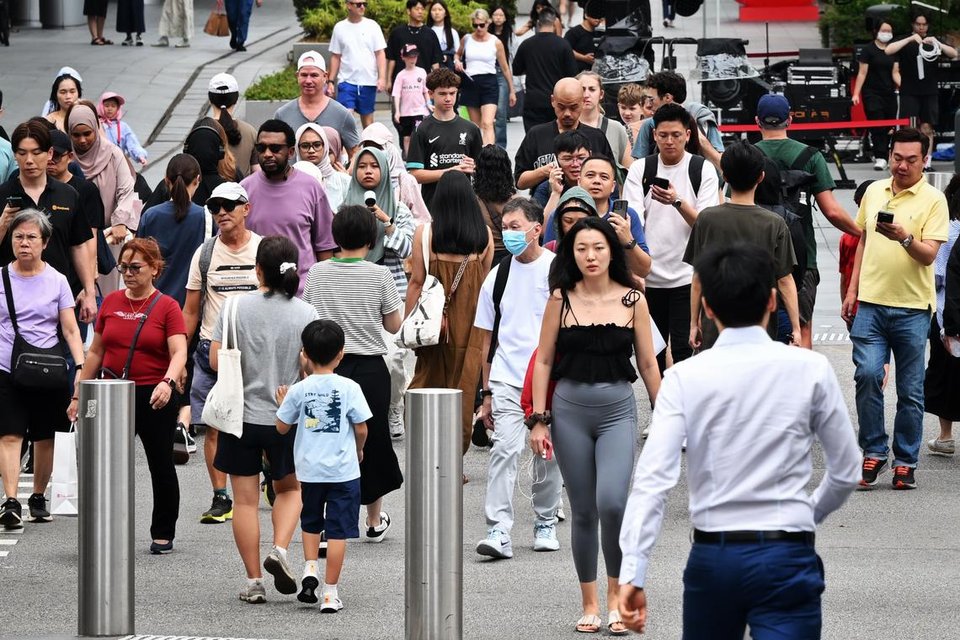Singapore: religion gains ground, but worship becomes more personal
A study published by the Institute of Policy Studies (IPS) finds a significant increase in the importance of religion compared to similar surveys in 2013 and 2018, but it is taking on "individualised and digital" connotations. Places of worship are losing their central role, while the use of online platforms to reach the faithful is growing.
Singapore (AsiaNews) – Religion is becoming a stronger marker of identity for Singaporeans, even as the way people practise their faith shifts towards more individualised and digital expressions, according to a new report by the Institute of Policy Studies (IPS).
The study, released on 20 August, shows that more than three quarters of Singaporeans now consider their religious or spiritual ideas to be one of the most important aspects of their lives, influencing their perspectives on other matters. This marks a significant rise compared with IPS’s earlier surveys in 2013 and 2018.
Nationality remains the most important component of identity for Singaporeans, but religion has risen steadily in importance among the 80 per cent who identify with a faith.
One of the sharpest increases was seen in agreement with the statement that “life would be meaningless without a sense of spirituality.” In 2024, more than six in 10 respondents agreed, up from half in 2018.
Muslims were the most likely to say religion was vital to their overall identity (nearly six in 10). This compares with 38.4 per cent of Christians (32.9 per cent of Catholics), and 32.8 per cent of Hindus. More Buddhists and Taoists also indicated that religion was central to their identity in the 2024 survey.
From pews to personal practice
While religious identity has grown stronger, the way faith is practised is changing. Fewer Singaporeans are praying daily or attending services compared to previous years. Instead, many are consuming religious media such as songs and videos, or turning to more personal practices like meditation and spiritual reading.
This trend reflects broader shifts in Singapore’s social and religious landscape, said researchers Dr Mathew Mathews, Dr Teo Kay Key, Izzul Haziq Murad, and Dr Melvin Tay.
The COVID-19 pandemic accelerated online religious engagement, as communities developed digital platforms to reach adherents when physical gatherings were restricted.
Meditation, while rooted in many traditions, has also gained popularity in secular spaces, blurring the line between religious and personal practice.
The researchers noted that as religion grows in importance, religious groups may increasingly seek to influence policymaking or demand greater public space for their traditions.
“While this stronger sense of identity and community amongst religious affiliates can help provide comfort and support, especially through difficult times, there may be implications to religious harmony, if these growing ties also lead to more jostling for space and influence between the various religious groups,” the report cautioned.
Singapore’s long-established framework for maintaining religious harmony will mitigate such risks, the authors say, but constant refinements are needed. In particular, they warned that online religious content – often produced overseas – may introduce ideas unsuited to Singapore’s multicultural context.
The findings are based on data collected from 4,000 Singaporeans and permanent residents aged 18 and above between April and August 2024. Respondents answered about 350 questions on race, religion, and language.
The 20 August report follows an earlier IPS study released in February, which found that overall perceptions of racial and religious harmony in Singapore had improved in the last five years, with higher levels of trust across communities.







.png)










